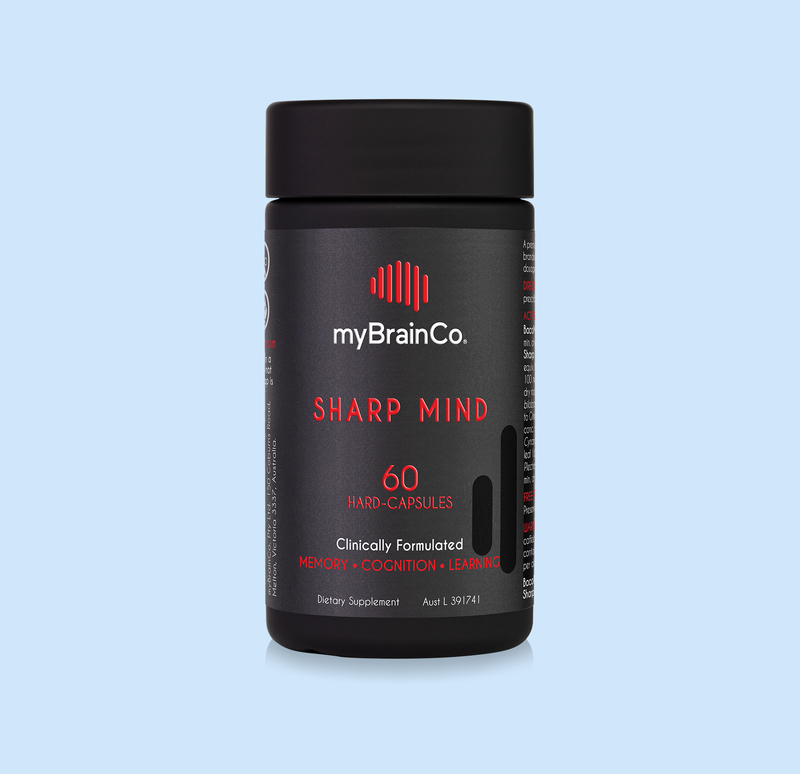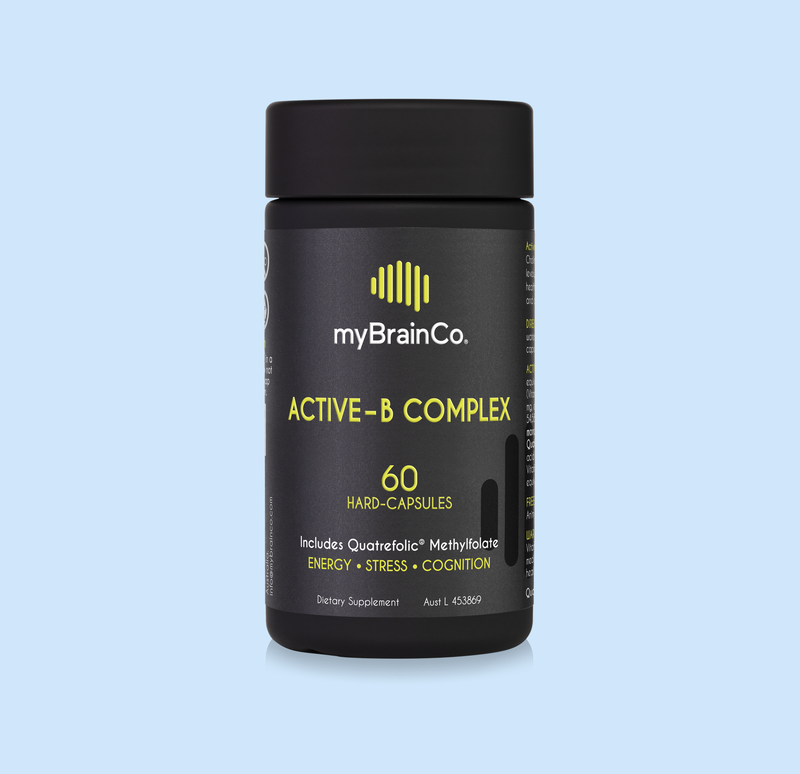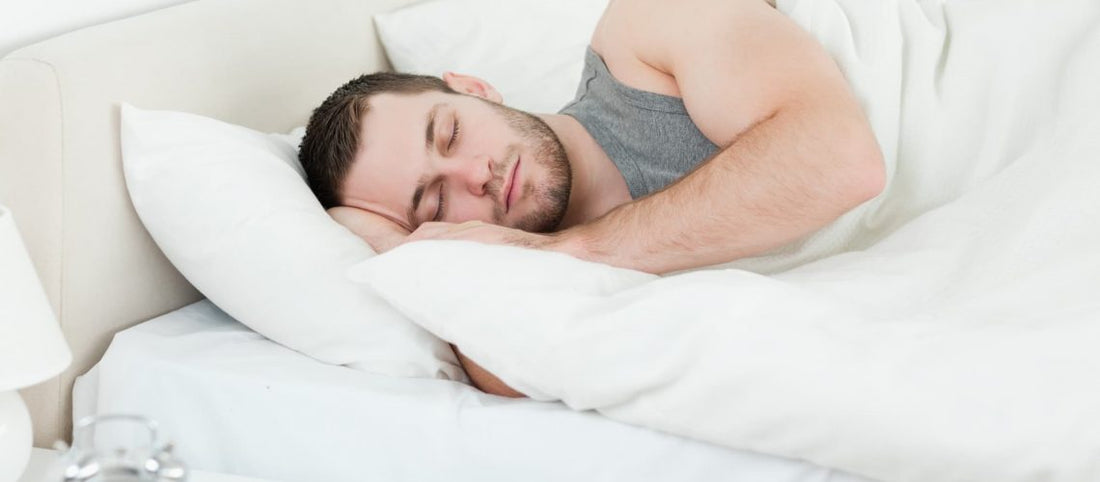The value of regularly enjoying a good night’s sleep cannot be understated: it’s just as important for overall health and happiness as regular exercise and a healthy diet.
So why do so many people tolerate difficult, disrupted or unsatisfying sleep?
It’s true that as we age, enjoying high-quality sleep typically becomes more difficult. This may be due to other health problems, evolving sleep habits, anxiety from daily life, or other factors. Many of us simply give in to poor sleep, rather than explore the causes and find solutions.
This is a shame, because there are a variety of effective strategies available to help you sleep easier, better and with improved results for energy and health.
Here are six evidence-based things you can do to improve your sleep, and enjoy better health and happiness too!
1. Get More Natural Light During The Day.
Your circadian rhythm is your body’s natural clock, helping to regulate when you should be energised and awake, and when it’s time for sleep. Getting exposure to natural daylight in the morning will help keep your circadian rhythm healthy.
A Cornell University Medical College study showed that, for individuals suffering from chronic insomnia, exposure to natural daylight improved both sleep quality and duration, while also reducing the time required to fall asleep by up to 83%.
So, go outside and get some sun during the day to enjoy better sleep at night – it works!
2. Reduce Or Eliminate Blue Light Exposure At Night.
Blue light, which is commonly emitted by smart phones, computers and other electronic devices, can be especially disruptive to sleep. Blue light has been shown to interfere with production of melatonin, a natural hormone that supports relaxation and deep sleep. This can be problematic for the many people that browse their phone or watch television in bed… sound like a familiar part of your lifestyle? A pattern of using devices at night could be disrupting your quality of sleep.
Thankfully, there are some interventions to help cut the blue light from your pre-sleep time. There are special glasses that block blue light, or downloadable apps that do the same thing on your device directly. You can also stop watching television, put away devices and read a book before trying to sleep.
3. Avoid Caffeine After Lunch.
Caffeine late in your day can have a negative impact on your ability to enjoy quality sleep. The stimulating properties of caffeine can impact you at the time you want them least: when you’re trying to settle your body and mind for a good night’s sleep.
Caffeine can make you unable to relax sufficiently to get to sleep; this effect was demonstrated in a sleep hygiene study that showed consuming caffeine up to six hours prior to going to bed, significantly worsened sleep quality. If you are sensitive to caffeine or are already troubled by bouts of poor sleep, coffee or tea cravings late in the day should be satisfied with herbals alternatives or decaffeinated versions.
4. Promote A Relaxing Sleep Environment.
Organise your bedroom in a way that supports comfort and peacefulness by properly adjusting the temperature, eliminating external noise and dimming the lights. Make your bedroom a quiet, relaxing and clean space that soothes your nervous system and gently conducts you to sleep.
Also, create a pre-sleep routine that clears your mind, settles your body and sets the stage for peaceful, relaxing sleep. This can include listening to relaxing music, using a burner with suitable essential oils, reading a book, taking a bath, or deep breathing and meditative practices. Try different routines and find what works best for you.
5. Try Natural Sleep Supplements.
Natural sleeping aids are well studied and proven to help improve sleep quality for many users. There are many traditional therapeutic herbs, vitamins, minerals and other natural compounds that support restfulness and tranquility for mind and body without unwanted side effects.
Sleep aid supplements can help us to calm the mind, relax the body and improve our sleep quality. There are a range of calming herbs to choose from that have been traditionally used for insomnia such as Kava, Zizyphus and California Poppy. One of the most effective relaxing nutrients for support sleep is magnesium. Magnesium is a nutrient that many people are low in.
Combining herbs and nutrients can help us to;
- Relieve nervous tension
- Induce faster sleep
- Improve sleep quality
- Promote healthy sleep patterns
6. Rule Out Serious Sleep Disorders.
A sleep disorder is a more serious, chronic cause of poor sleep in adults and may require diagnostic attention. Sleep apnoea, which can cause dangerously inconsistent and interrupted breathing while sleeping, is one of the most common of these disorders. According to one study, up to 24% of men and 9% of women suffer from sleep apnoea.
Additional sleep disorders include sleep movement disorders, which cause body movement that interrupts or diminishes quality of sleep, and circadian rhythm sleep/wake disorders, which can be common in individuals who work night shifts.
If the above strategies are ineffective at managing your sleep quality, see your preferred health practitioner to determine if you have a significant sleep disorder that may require medical intervention.
Finding The Sleep Solution That Works For You
Disrupted sleep that coincides with ageing is not uncommon, but it’s not something you are resigned to simply tolerate and live with. Try these strategies, individually or in combination, and explore which one can improve your sleep quality.
You deserve peaceful, restful sleep that leaves you feeling refreshed and energised. If you’re challenged by your sleep, focus on the problem and find the sleep solution that works best for you.



